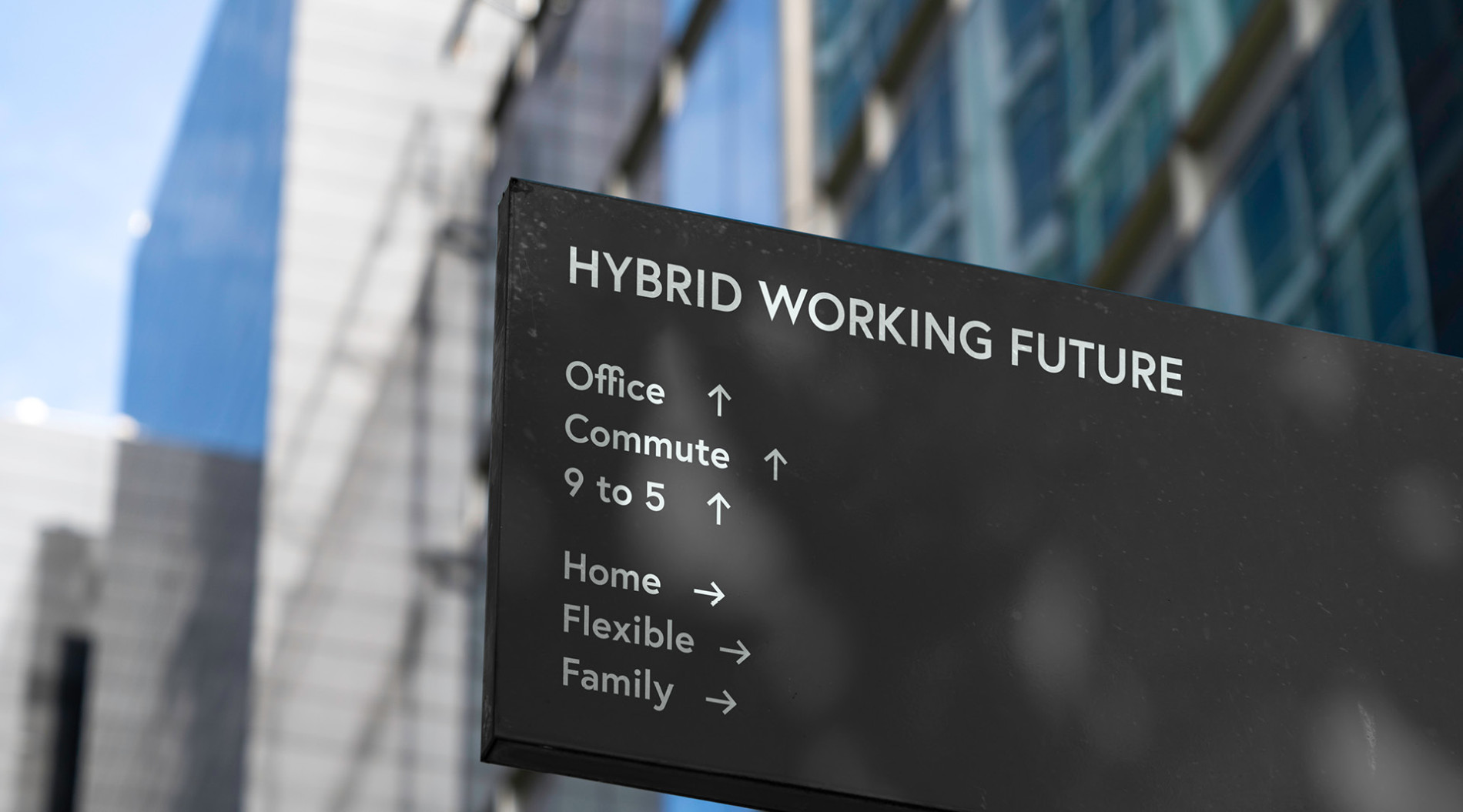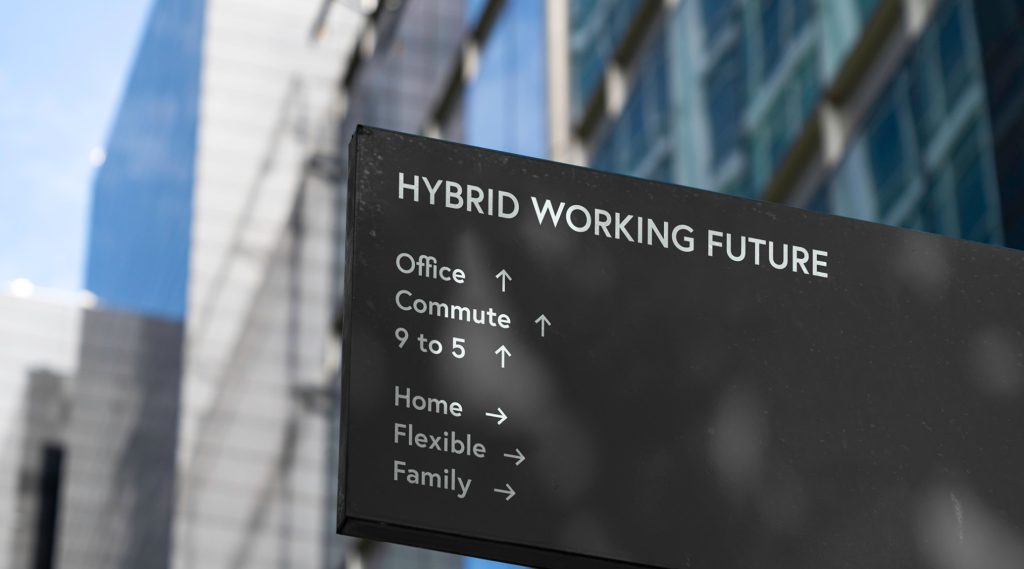How to Manage a Multigenerational Workforce
Every generation thinks the one that follows it knows everything, is lazy and disrespectful. In the workplace, these perceptions are magnified. And yet, managers must cope with the idiosyncrasies and quirks of up to four generations in the workplace (Gen Z, Gen Y or Millennials, Gen X and Baby Boomers).
It’s this last group that perhaps has the greatest focus – for good reason. It has been well documented that it is an economic imperative for Australian businesses to keep people working well past the traditional retirement age of 65 for men and 60 for women. As far back as 2003, the then Prime Minister John Howard made a compelling case for business leaders to embrace the merits of older workers to create a multigenerational workforce, going so far as to suggest 70 could be the new retirement age.
Yet keeping Baby Boomers engaged is just the tip of the multigenerational challenge. With an age gap of nearly 50 years between the oldest and youngest employees in some organisations, there is a broad range of perspectives, needs and attitudes floating around the office. Over the following pages Adecco provides tips for managing this diverse workforce – a workforce where, hopefully, the sum is far greater than its multigenerational parts.
Let’s be blunt. Some turnover is fine, even necessary: fresh blood, new perspectives, new ideas. However, when high-performing employees are walking out the door, business leaders need to be aware of the unique causes of staff turnover in their organisation and industry. Armed with this knowledge, a retention strategy can be developed to set relevant and achievable targets.
While most organisations have acknowledged the importance of age diversity in their ranks, employees may not be quite so enthusiastic. One report* indicates that younger workers find it more difficult to cope with age diversity than their older counterparts. Researchers found that 16% of those aged 16- 34 felt their older managers were out of touch with modern trends and a further 15% said older workers were resistant to change.
However, mature workers didn’t feel the same way – and were in fact generous in their assessment of younger workers. An overwhelming 94% of older workers said they thought younger generations were armed with the skills to be successful in their role.
Download the whitepaper for tips on managing a diverse workforce where the sum is far greater than its multigenerational parts.

A banner at the bottom of a blog promoting the whitepaper “How to Manage a Multigenerational Workforce.” The left side features a red angled design with the text: “How to Manage a Multigenerational Workforce – download now.” The right side displays the cover of the whitepaper, which includes an image of an older woman.











